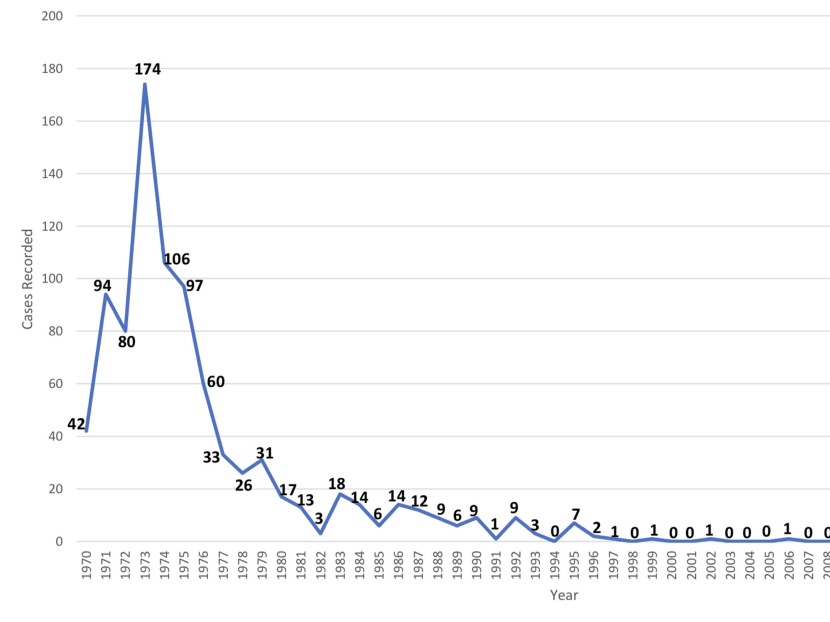Most S’pore residents surveyed agree death penalty more effective than life in jail as deterrent against serious crimes: Shanmugam
SINGAPORE — The majority of Singapore residents who took a survey commissioned by the Ministry of Home Affairs (MHA) last year agreed or strongly agreed that the death penalty is more effective than life imprisonment as a deterrent against using firearms, committing murder and drug trafficking.

Law and Home Affairs Minister K Shanmugam invited WP MP Jamus Lim to state his position on the death penalty.
- A clear majority of Singapore residents surveyed said the death penalty is a more effective deterrent against serious crimes than a lifetime in jail
- Another survey in 2018 conducted among foreigners found similar results, Home Affairs Minister K Shanmugam said
- He was responding to a parliamentary question from Workers' Party MP Jamus Lim
- The death penalty has come into the spotlight recently because of Singaporean drug trafficking convict Syed Suhail Syed Zin
- Mr Shanmugam called on Assoc Prof Lim to state his position on the matter
SINGAPORE — The majority of Singapore residents who took a survey commissioned by the Ministry of Home Affairs (MHA) last year agreed or strongly agreed that the death penalty is more effective than life imprisonment as a deterrent against using firearms, committing murder and drug trafficking.
Another survey, commissioned by MHA in 2018, similarly found that the majority of foreigners who are likely to visit Singapore believed that the death penalty is more effective than life imprisonment in discouraging people from committing serious crimes in Singapore.
Among the foreign respondents, 84 per cent also believed that the death penalty is more effective than life imprisonment in discouraging people from trafficking drugs into Singapore.
Law and Home Affairs Minister K Shanmugam revealed these findings on Monday (Oct 5) as he laid out the Government’s thinking in maintaining the death penalty in Singapore, The issue came under the spotlight recently because of the case of Syed Suhail Syed Zin, a Singaporean convicted of drug trafficking. He was initially due to be hanged in September.
Syed Suhail has since been granted an interim stay of execution pending a judicial review.

A chart showing the steep drop in the incidence of firearms robbery in Singapore after the death penalty was introduced for the offence in 1973. Chart: MHA
Mr Shanmugam was responding to a parliamentary question from Associate Professor Jamus Lim, Workers’ Party Member of Parliament (MP), who asked whether there has been any systematic study by MHA looking into the deterrent effect of a life sentence relative to the death penalty.
Assoc Prof Lim, who is also MP for Sengkang Group Representation Constituency, also asked whether such a study has been done for cases where the reasoning capacity of the perpetrator may have been compromised by ailments such as mental illness or addiction.
In his written reply, Mr Shanmugam said that the Government has commissioned studies on the deterrent effect of the death penalty compared to life imprisonment.
Of the 2,000 Singapore residents who took part in a 2019 survey, seven out of 10 agreed or strongly agreed that the death penalty is more effective than life imprisonment as a deterrent against using firearms and comitting murder in Singapore.
Similarly, 68 per cent of the respondents believed the death penalty to be more effective as a deterrent against drug trafficking in Singapore.
However, Mr Shanmugam cautioned that the studies “need to be taken in context”. While some tentative conclusions can be drawn, more work has to be done over periods of time.
Still, he said that there remains majority public support for the capital punishment.
As for the question on whether a convict's reasoning capacity may have been compromised by mental illness, Mr Shanmugam said that a person who was of unsound mind at the time of the offence will be acquitted for this reason under Section 84 of the Penal Code.
For cases involving offenders with addiction, Mr Shanmugam said that intoxication, whether induced by drugs or other substances, is a defence under Section 85 of the Penal Code.
However, the offender needs to show that as a result of the intoxication, he did not know what he was doing or did not know that his conduct was wrong, and the intoxication was caused without his knowledge or against his will.

A chart showing the steep drop in the incidence of kidnapping after the death penalty was introduced for the offence in 1961. Chart: MHA
He added: “The Government has the responsibility to ensure the safety and security of Singaporeans, while maintaining a fair and just criminal justice system.
“The rights of offenders need to be considered in the context of the rights of victims and the right of Singaporeans to live in safety and security.”
He pointed out that the Government’s approach has resulted in Singapore being one of the safest places to live in the world. “This is something deeply valued by Singaporeans.”
Mr Shanmugam then called on Assoc Prof Lim to let MHA know whether he supports the death penalty, for what offences, and to elaborate on his position.
“And if he is against the death penalty, then it will also be useful to hear from him on his reasons for his position,” he said.











